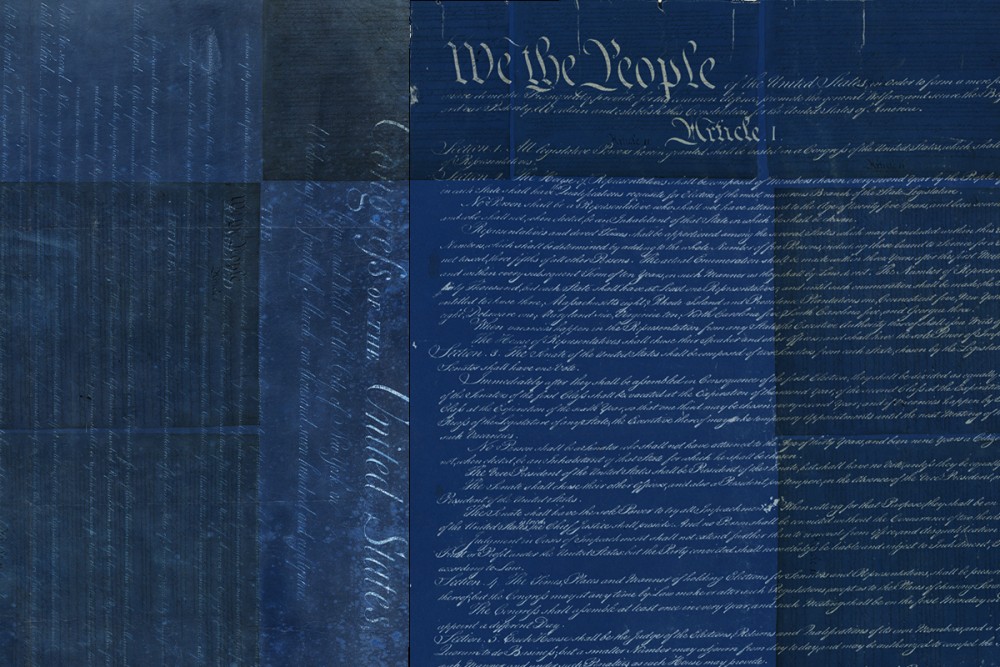
The owners of Possibility Custom Homes in Magnolia, Texas, are proud of the foundational role they believe God’s Word has played in their lives. They’re so proud of it that, for more than a decade now, they’ve been encasing a Bible in the foundation of every new home they build. It’s the kind of foundation they believe every family deserves. As concrete pours down the chute of the mixing truck into the foundation form boards, a laborer steps forward with a soft-cover Bible in hand, leans over, and submerges the book into the moist aggregate. Embedding the written text in hardening concrete is a pretty sure way to mummify it permanently.
Biblical literalists, who in some circles are called fundamentalists or inerrantists, may be able to appreciate this unique form of concretizing the Word more than others of us. They’re known to revere the Bible as much as the message within it. Their version of faith celebrates the factual accuracy of every verse, fixating on the text as something of a frozen body of ancient knowledge. Literalists like to insist on one reading for all time. As far as they’re concerned, the text is settled, closed, and beyond interpretation.
Judicial originalism, I would argue, is something of a younger cousin to biblical literalism. Adherents to the originalist doctrine expect jurists to follow the exact words of the Constitution, the meaning of which they believe was locked into place (or concretized) at the time they were written. Antonin Scalia, who championed the modern surge of originalism as much as anyone, liked to say that the Constitution is about “rigidifying things.” Even though there’s no way to determine precisely what every phrase of the Constitution originally meant, given the complicated political debates that informed them, originalists assume that the words of the framers had settled meanings.





